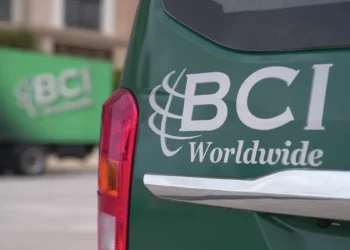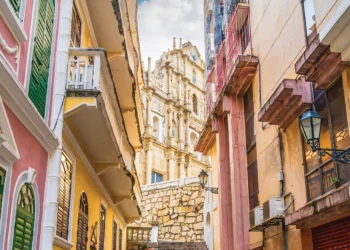Two years after the pandemic, Macau’s tourism industry has seen a robust recovery, with visitor numbers repeatedly breaking records. However, news of difficulties faced by small and medium-sized enterprises (SMEs) continues to emerge. What is the way forward for SMEs in Macau?
In the two years since Macau eased its pandemic border restrictions, the city’s tourism industry has made a strong comeback. Macau welcomed over 34.9 million visitors in 2024, recovering to nearly 89% of pre-pandemic levels. Yet, as tourists step away from the bustling Cotai Strip and into the narrow alleys of local communities, signs reading “Shop for Rent” are often plastered on shutters. This stark contrast between the booming tourist zones and the quiet local communities has become a common sight in the two years since Macau reopened.
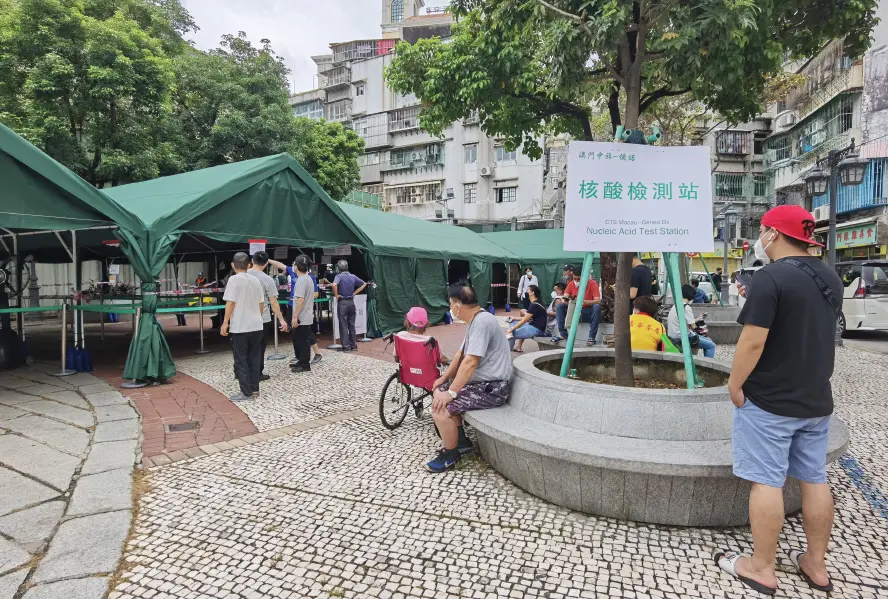 Gary, who has been running a bar and restaurant business in the northern district for nearly five years, candidly told IAG, “Compared to the pandemic period, business has dropped by about 40%.”
Gary, who has been running a bar and restaurant business in the northern district for nearly five years, candidly told IAG, “Compared to the pandemic period, business has dropped by about 40%.”
Faced with a scene vastly different from Macau’s main tourist areas, he believes that post-pandemic changes in consumer behavior among both residents and tourists, as well as rising rent, have led to difficulties for the city’s small and medium-sized enterprises (SMEs).
The prosperity of tourist areas has driven up commercial rents, significantly increasing operational costs for SMEs. In the community economy, these businesses often rely on local residents as their main customer base. However, the situation has become more complicated since the launch of the “Northbound Travel for Macau Vehicles” policy in early 2023, which allows vehicles from Macau to enter Guangdong Province, facilitating cross-border living for residents.
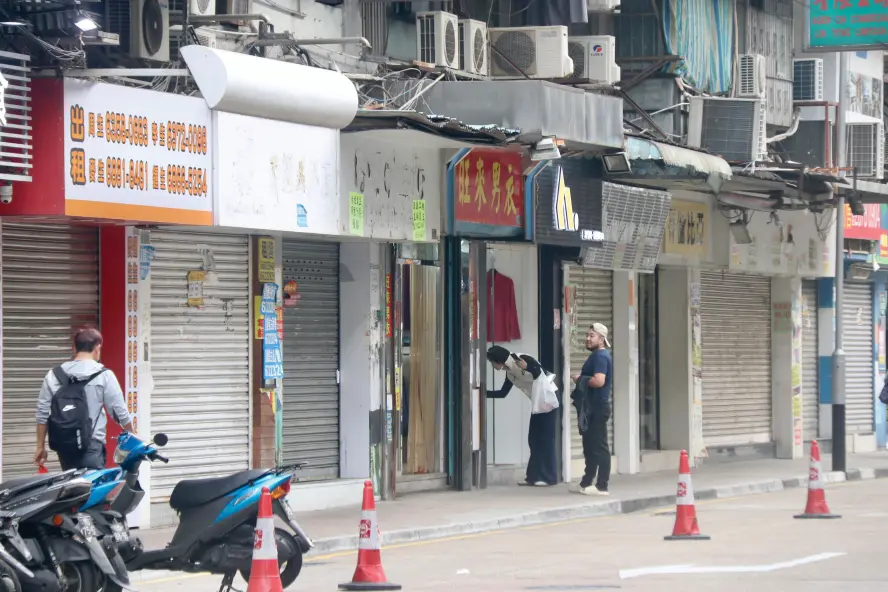 Gary believes that the surge in consumer spending is not only seen among tourists, but also among residents.
Gary believes that the surge in consumer spending is not only seen among tourists, but also among residents.
“Neighboring cities like Zhuhai and Zhongshan attract Macau residents with lower prices and more diverse choices. Coupled with the economic downturn caused by the pandemic and a decline in consumer purchasing power, it’s inevitable that people will shop in places with cheaper prices,” he explained.
Meanwhile, government policies have accelerated the integration between mainland China and Macau, making cross-border travel more convenient. This is a double-edged sword: while it facilitates travel for residents and tourists, it also leads to the spillover of consumption to the north.
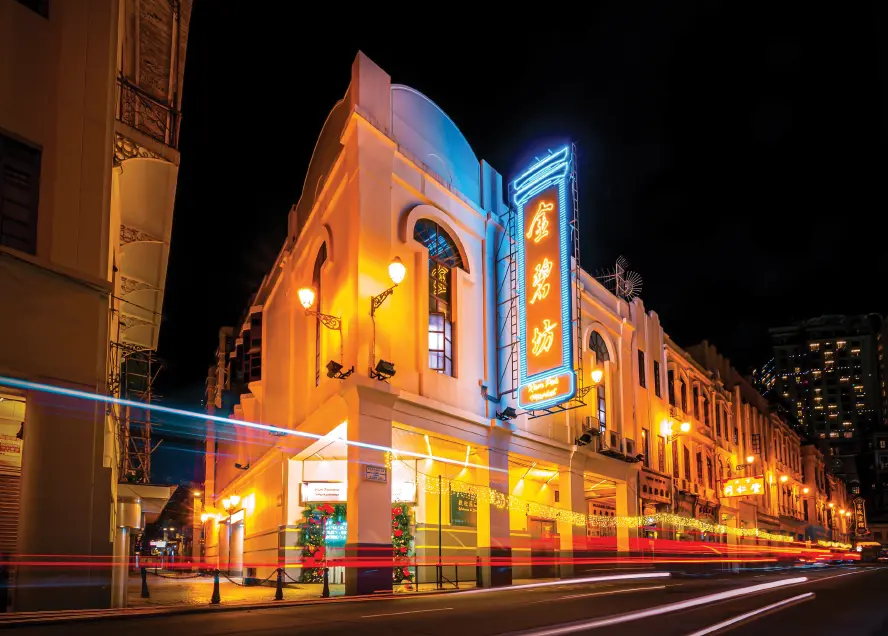
High shop rents and the rapid transformation of business models have made it difficult for many enterprises to adapt to the changing times. In the face of these challenges, Macau’s concessionaires are attempting to revitalize old districts by leveraging a “Large Businesses Leading Small Businesses” approach to entice SMEs to set up shop in these areas.
Sands China has implemented an entrepreneurship subsidy program, offering financial support in phases to selected SMEs at a ratio of up to 1:2, with a maximum subsidy of MOP 1 million (US$125,000). MGM, on the other hand, has invited several local SMEs to establish themselves in the Barra District, offering them a stable operating environment.
SJM Resorts has revitalized the Kam Pek Community Centre, transforming it into a food court to attract SMEs and create more business opportunities.
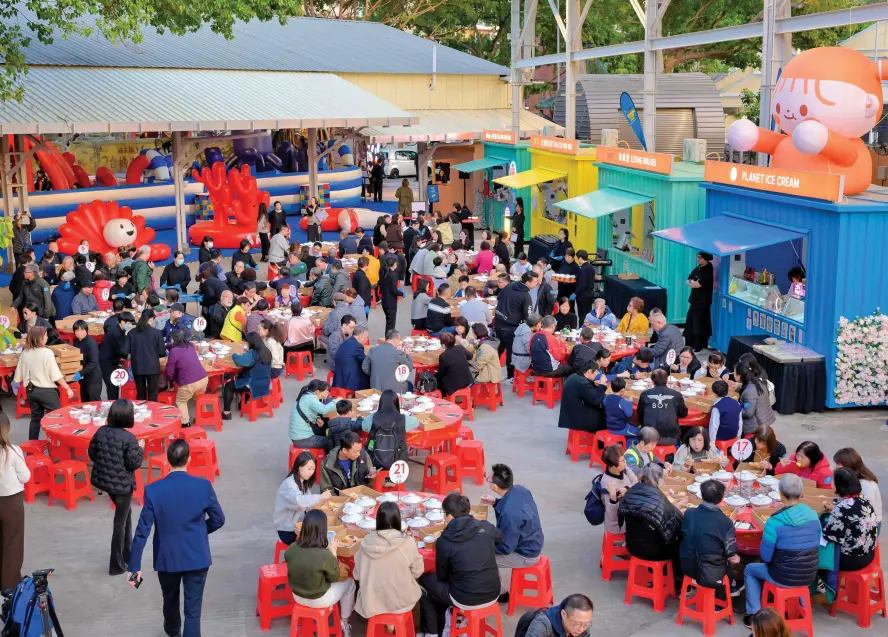
Some merchants involved in the concessionaires’ SME initiatives have expressed the opinion that the “Large Businesses Leading Small Businesses” model indeed brings different business opportunities for SMEs.
Jay, a restaurant operator involved in the program, stated, “Although my involvement is brief and still in the early stages, at least they (the concessionaires) have provided a new platform for SMEs.
“With the promotion from large enterprises, more SMEs will be exposed to different customer groups.”
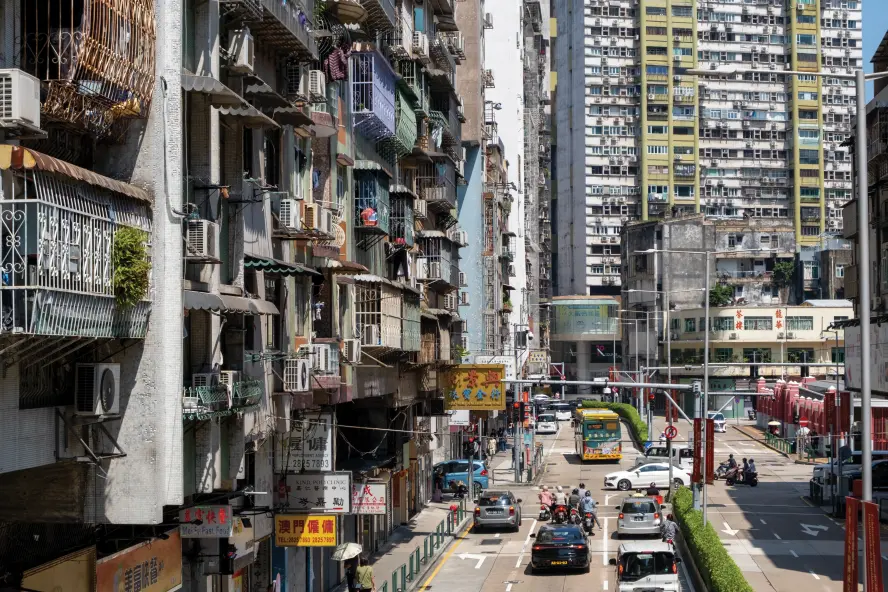 The diversification of non-gaming policies on the part of the concessionaires has brought new opportunities for SMEs. However, industry professionals believe that sole reliance on the business sphere is unlikely to revitalize SMEs on its own.
The diversification of non-gaming policies on the part of the concessionaires has brought new opportunities for SMEs. However, industry professionals believe that sole reliance on the business sphere is unlikely to revitalize SMEs on its own.
“It’s a good thing that concessionaires are bringing new business opportunities to SMEs, but in the end, it’s the government that needs to take the lead,” Gary continued, adding that the government should spearhead the promotion of SME development, with concessionaires and SMEs following suit.
Nelson Kot, the president of the Macau Comprehensive Social Research Association, pointed out, “The current economy is polarized. The gaming and tourism industries are performing strongly, but in communities without tourist footfall, the situation is quite pessimistic.”
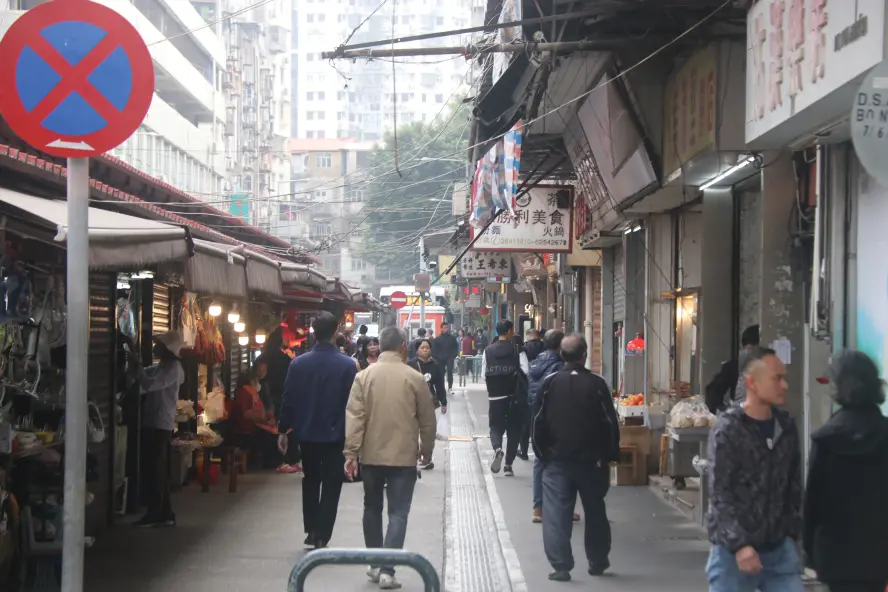 He believes it is time for the government to consider more comprehensive policies to help SMEs reduce operating costs, including short-term subsidies, rent reductions and the development of other economic measures.
He believes it is time for the government to consider more comprehensive policies to help SMEs reduce operating costs, including short-term subsidies, rent reductions and the development of other economic measures.
“Directly handing out money to SMEs may not be the most effective approach. Instead, policies such as consumption vouchers could enhance the purchasing power of SMEs, thereby stimulating the economy,” he suggested.
In the long term, Macau needs to establish a more balanced economic structure, allowing the gaming and tourism industry to work in harmony with the community economy. Future economic development should lean towards a diversified city, where the prosperity of the tourism sector benefits every corner, allowing SMEs to continue to thrive alongside Macau’s broader development.























